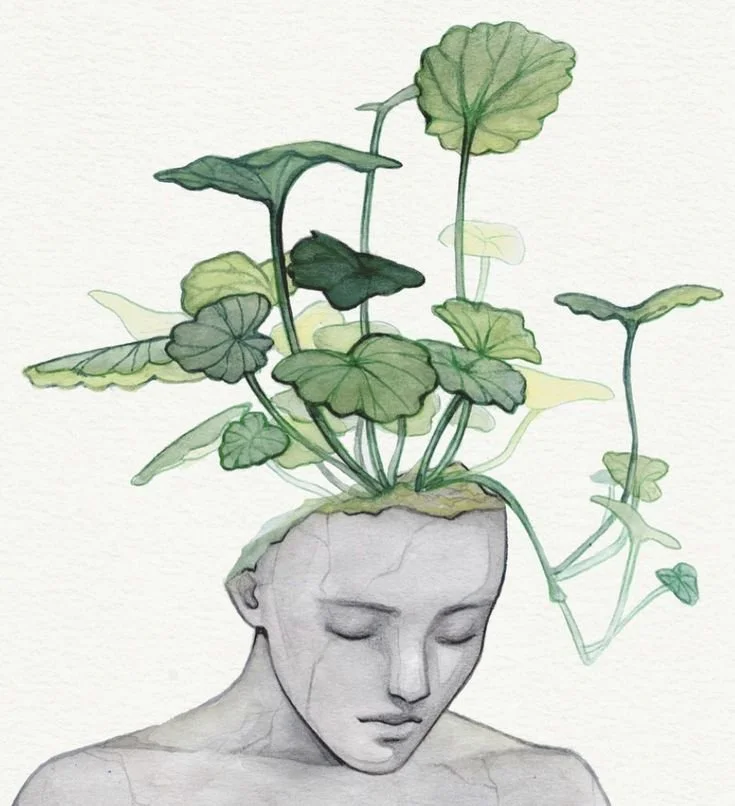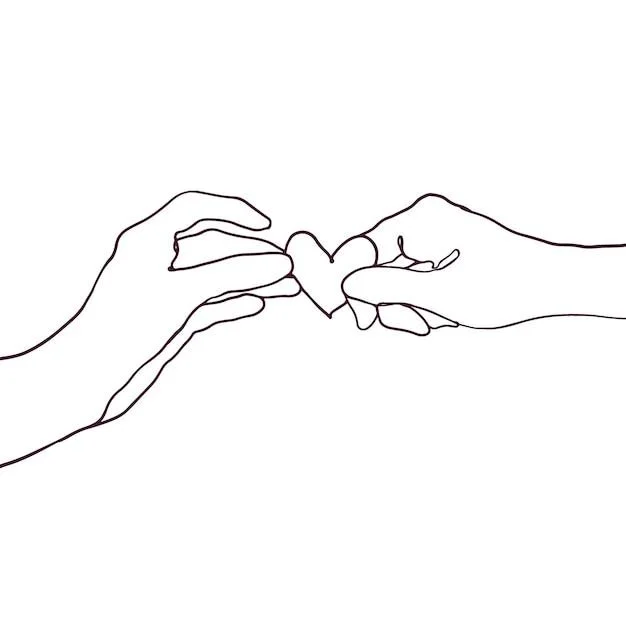Behind “I’m Fine”: Understanding Men’s Mental Health
“Some of the most courageous people are the ones you’ll never hear about. They’re too busy fighting silent battles in their minds.” — Unknown
We hear more about mental health these days, but when it comes to men, silence still lingers.
And when I say “men,” I mean all men — including trans men, queer men, and anyone who identifies with or has been shaped by masculinity. The ways society teaches us to perform strength and suppress vulnerability affect everyone who’s been told to “man up,” “toughen up,” or “get over it.”
In therapy, I’ve sat with men who carry so much inside — stress, grief, confusion, love, and exhaustion — but have spent years being told not to show it.
Not because they don’t feel, but because somewhere along the way, they learned that feeling wasn’t safe.
What We Don’t Always See
Men’s mental health struggles often go unseen — not because they’re rare, but because they’re expressed differently.
For some, emotional pain shows up as irritability, withdrawal, or constant distraction. For others, it might look like restlessness, burnout, or feeling “numb” inside. Many stay busy, care for others, or bury themselves in work to avoid slowing down long enough to feel what’s there.
These aren’t signs of weakness.
They’re signs of survival — and they deserve understanding, not shame.
How We Learn to Stay Silent
Many of the men I work with were raised around messages like:
“Be strong.”
“Don’t cry.”
“Push through it.”
“Keep it together.”
These ideas shape how men — from every background and identity — learn to manage their emotions. For queer men, trans men, and men of colour, those expectations can carry extra layers of fear, stigma, or even danger. It’s hard to reach for help when the world hasn’t always made space for your full self.
But strength isn’t about holding it all in.
It’s about finding the courage to be honest — even quietly, even slowly — about what’s real.
What Mental Health Actually Means
Mental health isn’t about being happy all the time or having everything figured out.
It’s about being connected — to your emotions, to others, to your truth.
It includes:
Knowing when you’re reaching your limits
Having permission to rest and reach out
Learning how to name what you feel
Letting yourself be human
You don’t need a diagnosis or crisis to deserve care.
You just need room to be seen and supported — without judgment or peressure to perform
If You’re Not Sure Where to Start
You don’t need to have the right words.
You don’t need to be “ready.”
You just need a place where your inner world can exist safely.
Therapy is one of those spaces. Not because something is “wrong” with you — but because you’re human, and being human can be hard.
For Those Who Love and Support Men
If you care about a man in your life — a partner, friend, sibling, parent, or colleague — your compassion matters.
Many men won’t ask directly for help, but they may still need it.
Try:
“I’ve noticed you’ve seemed quieter — how are you, really?”
“I care about what’s going on with you.”
“You don’t have to handle everything alone.”
Presence and patience often open more space than pressure ever could.
Men’s mental health matters — in November, and every day.
To every man who’s ever felt unseen, to every person navigating what it means to be strong in a world that confuses strength with silence — you deserve support, safety, and care.
There’s no shame in feeling. There’s only courage in being real.
Written by Nilgun Tunali, Registered Psychotherapist (Qualifying)
This post is intended for reflection and educational purposes.It is not a substitute for therapy.


